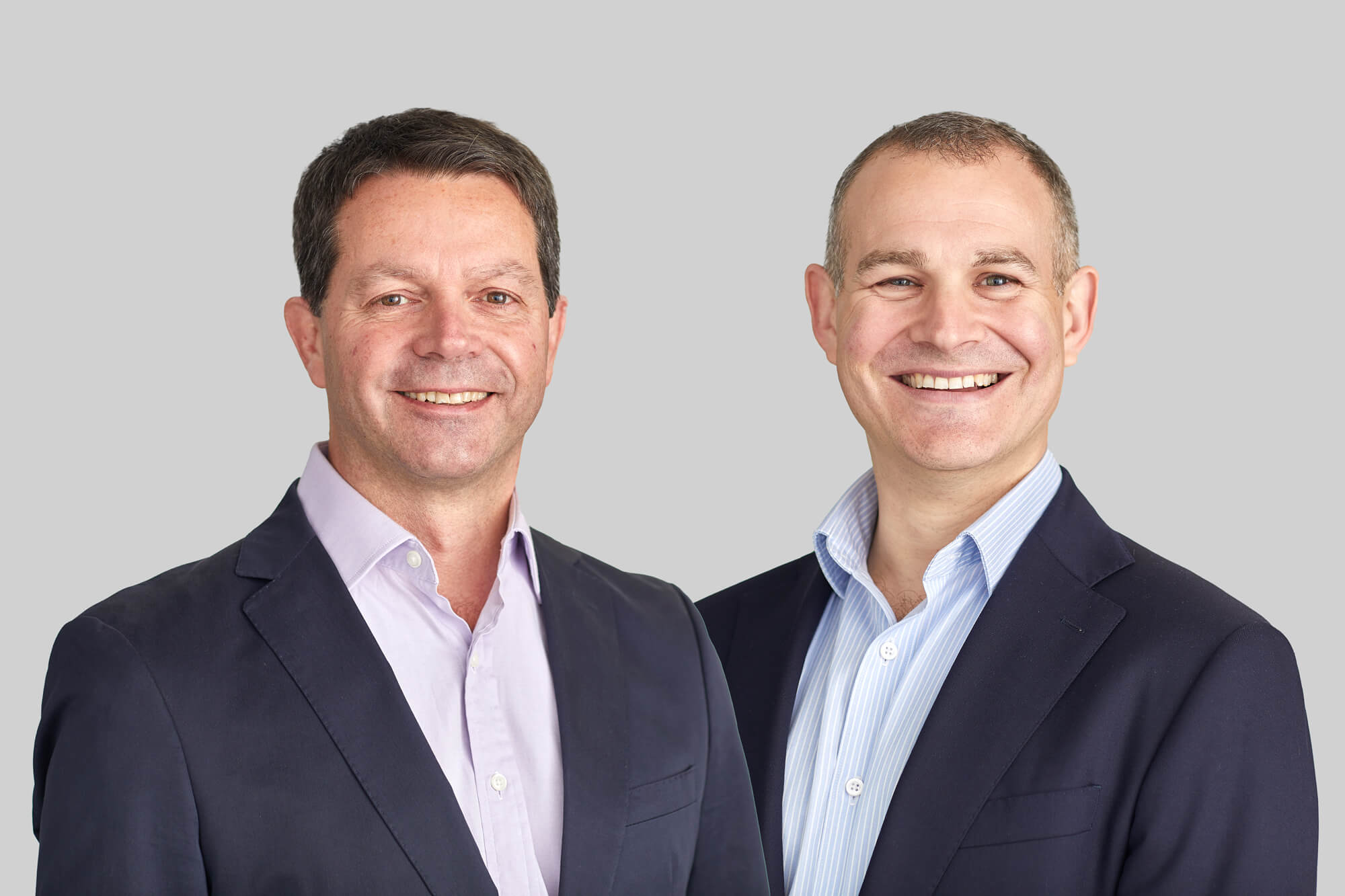
22 July 2021
A statement on the EU’s ‘Fit for 55’ proposals

July 14th saw the release of two critically important policy statements on tackling climate change within the transport sector, from both the EU and the UK’s Department for Transport.
Coryton welcomes the publication of these plans and wholeheartedly supports the need for urgent and decisive action in addressing the most important issue threatening the future of the planet, and the human-race. We feel the plans could have gone further, however, as a significant means for reducing emissions has effectively been overlooked, in sustainable fuels. Sustainable liquid fuels are a carbon neutral source of energy (utilising carbon captured from the atmosphere or recovered from waste feedstocks), that are economically viable and socially acceptable to end users.
Electrification is clearly the preferred, longer-term solution to eliminating harmful emissions, but it is not without its own downsides: environmental and social responsibility issues of battery production; ability to deliver required renewable electricity output; and social mobility issues for those living in homes where the installation of electric vehicle charging points is not practicable, are but a few. The role that sustainable fuels can play in helping to bridge the gap and address climate change should not be ignored, therefore, but explored as a complimentary technology in a combined solution to the problem. With climate change constituting such a complex issue to resolve, all available technologies should be harnessed to deliver the greatest possible reduction in the shortest timescale possible. We know that sustainable fuels have the potential to make a material difference in a relatively short timescale, as a ‘drop-in’ solution utilising existing infrastructure and vehicle architecture.
The internal combustion engine (ICE) is understandably viewed as a problem, but in reality it is the fossil fuels consumed that render the ICE harmful to the environment. Huge investment has been made in improving the ICE, making it more efficient and cleaner, and with further development and a transition to sustainable fuels, CO2 emissions from ICEs can effectively become net-zero. Combined with a phased transition to electrification, at a pace that enables the immense infrastructure challenges to be addressed, the adoption of sustainable fuels would present a powerful solution, capable of delivering a material reduction in harmful emissions in a shorter timeframe.
Current plans do not give due consideration to sustainable fuels as a key part of the jigsaw puzzle. There needs to be an exhaustive debate about how the ambitious objectives can best be achieved, with input from experts from all areas of the industry. We all agree on the ultimate end goal and will get there quicker working together.
Andrew Willson and David Richardson, CEO and Business Development Director at Coryton Advanced Fuels.

